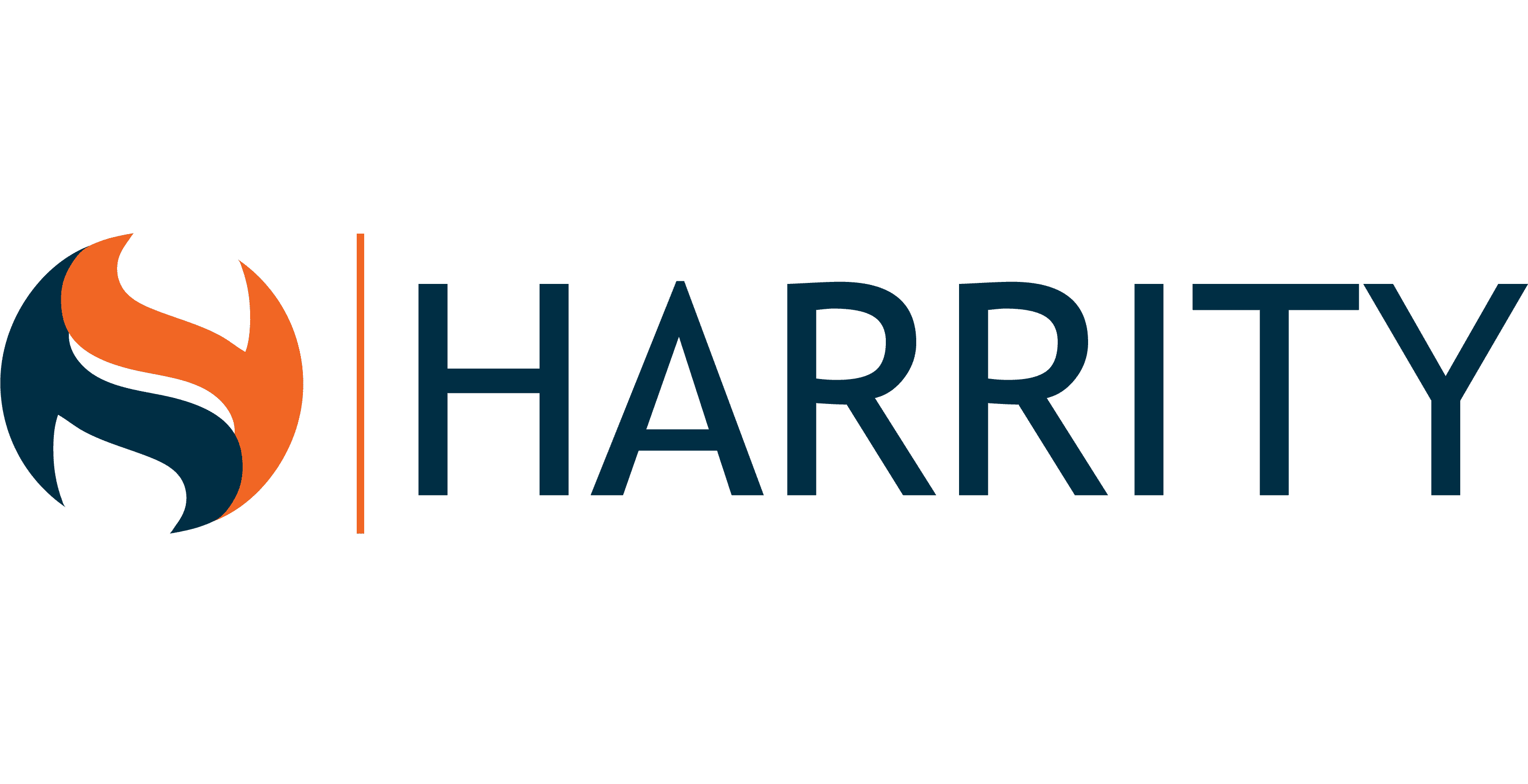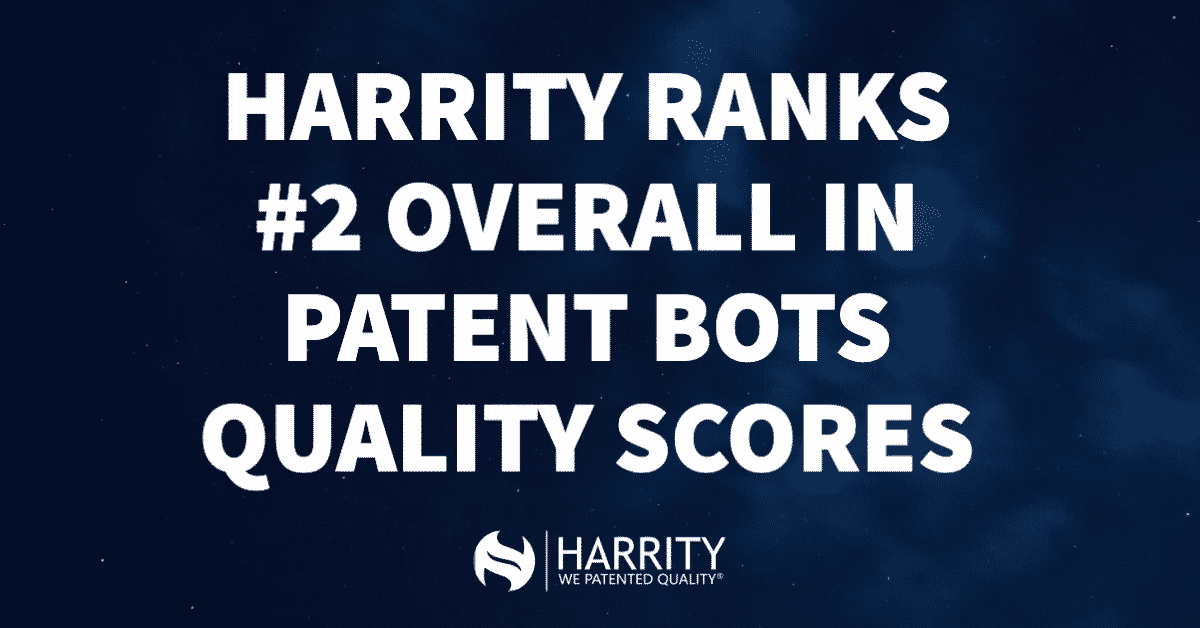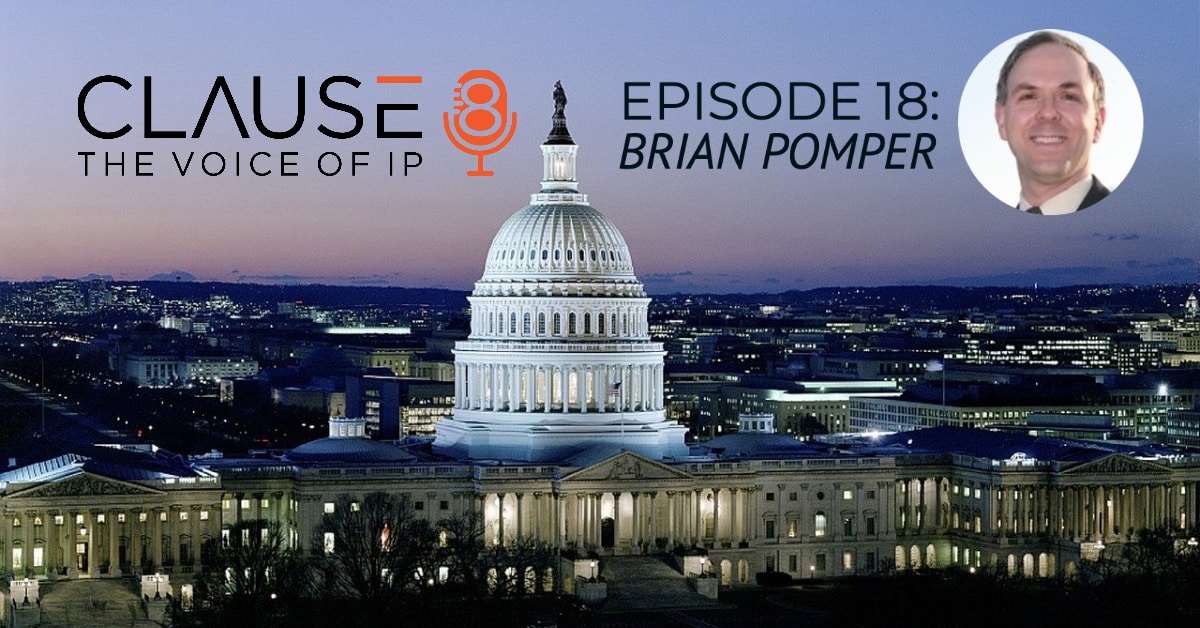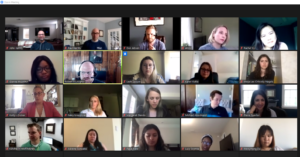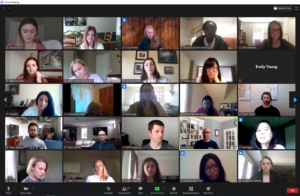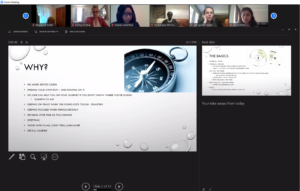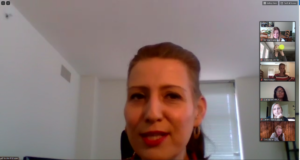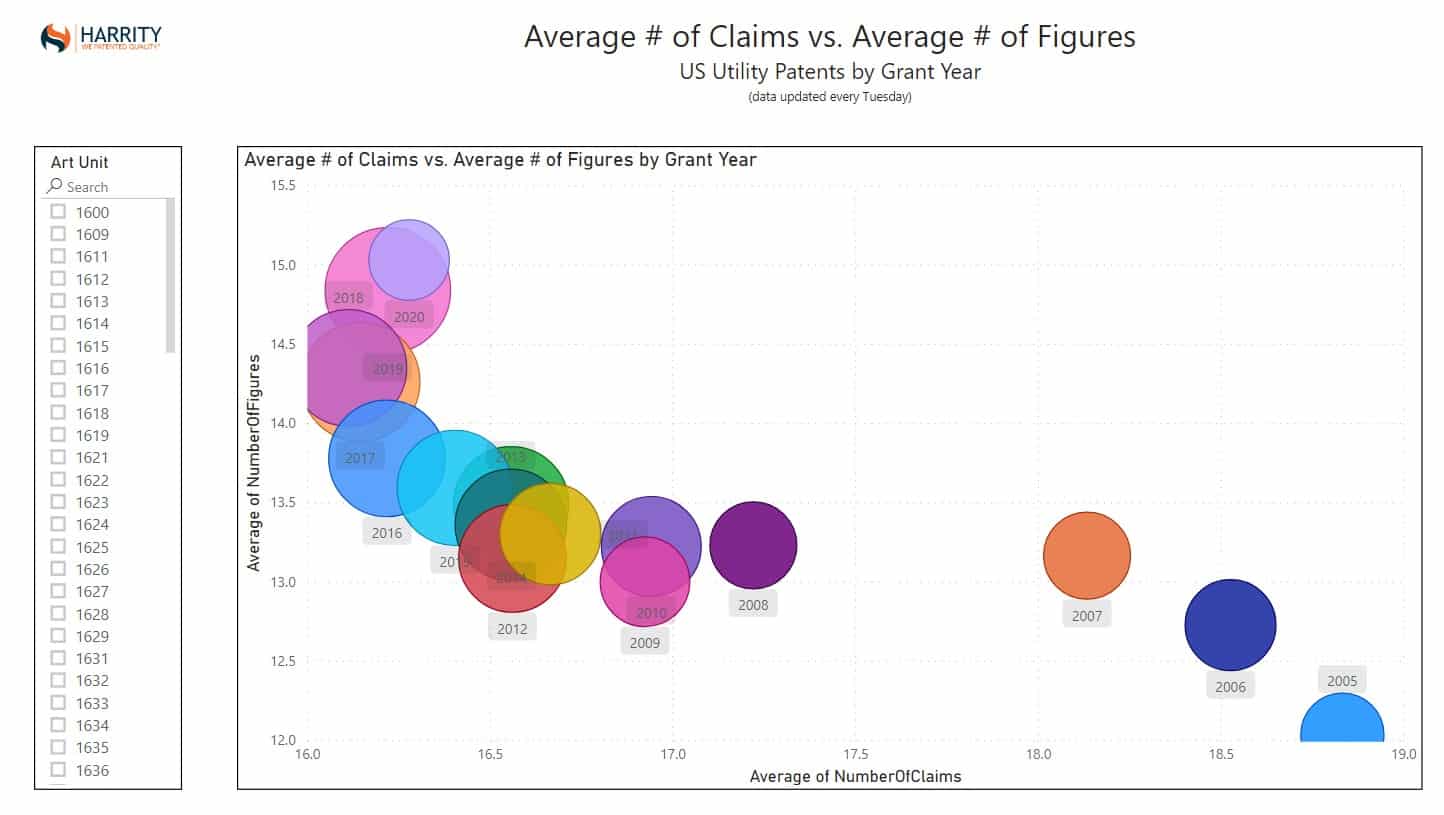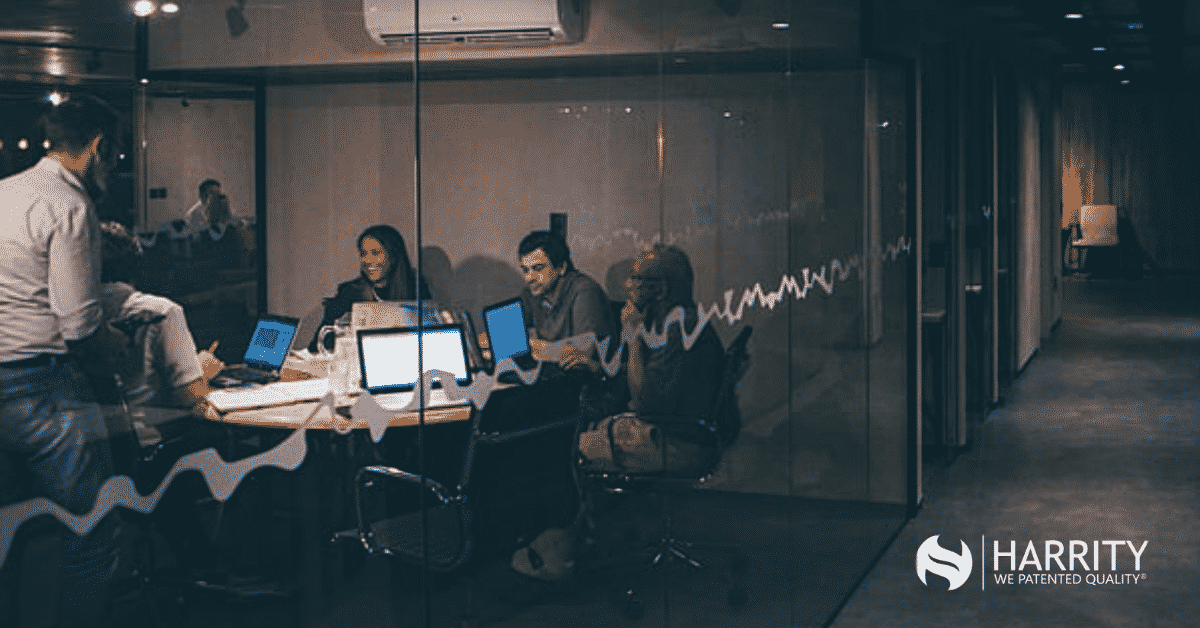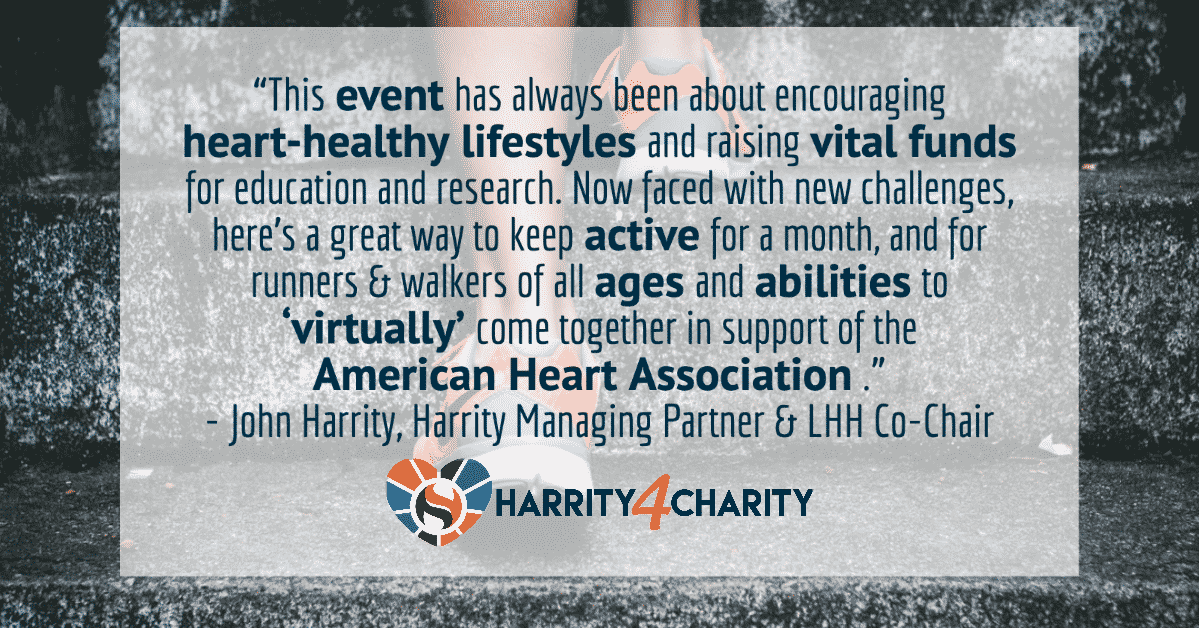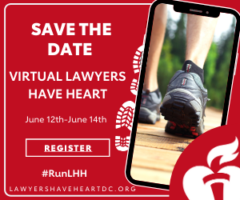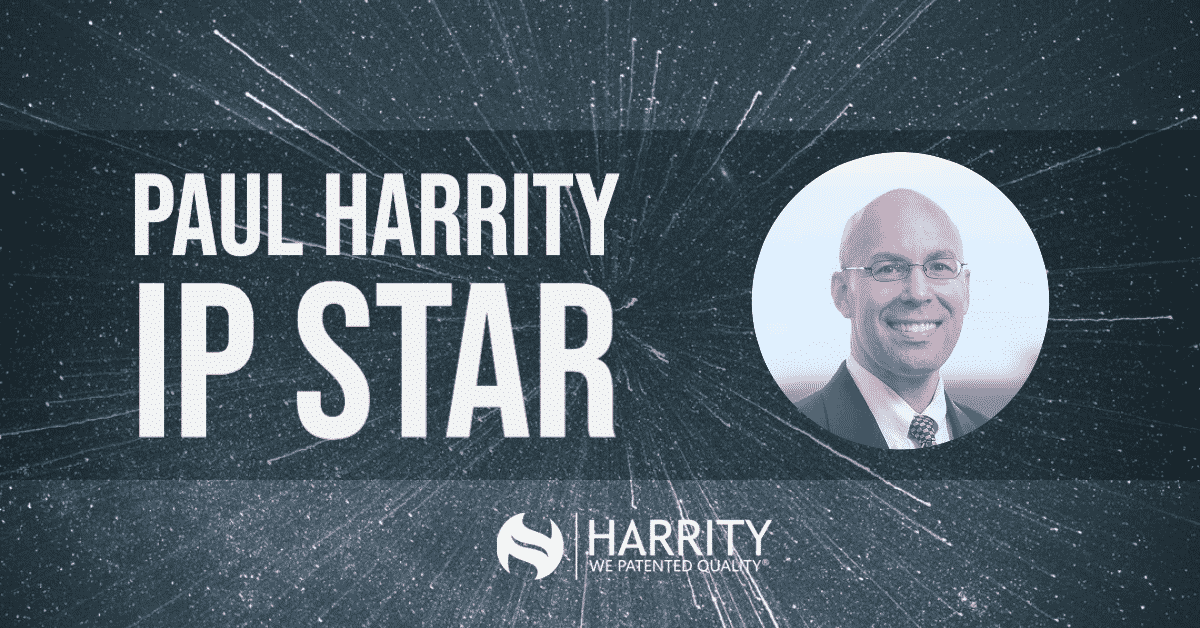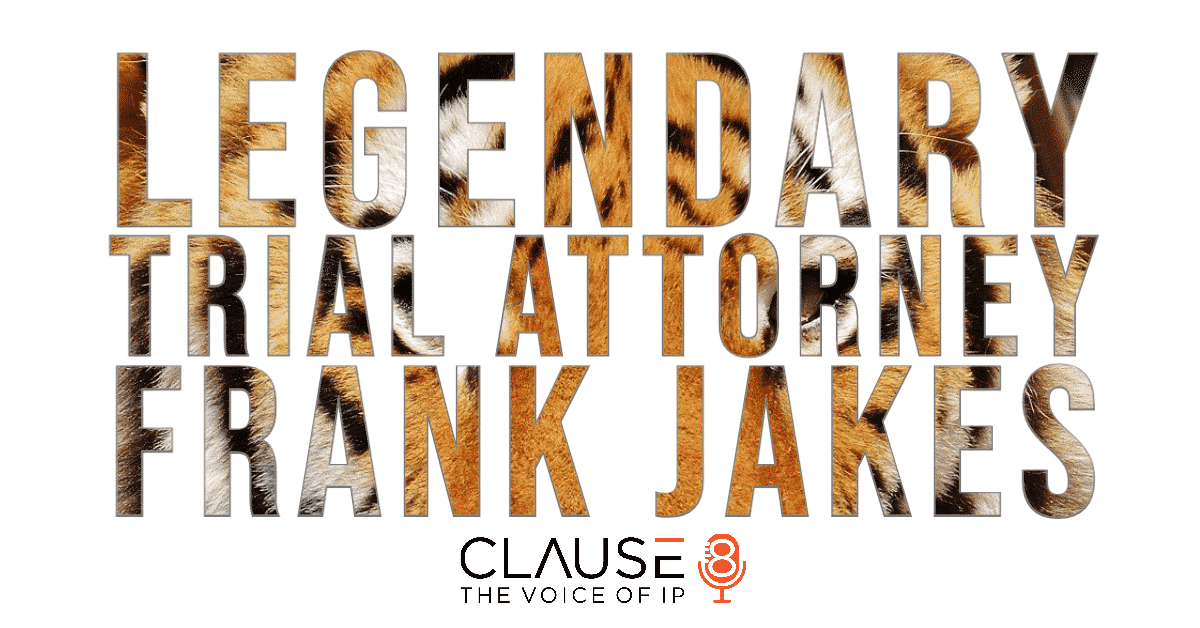The legal profession is making inroads in terms of diversity, but the National Association of Law Placement reports these gains as slow and incremental. The percentage of African-American associates, for instance, was 4.76% last year, finally breaching the previous milestone mark of 4.66% recorded in 2009. Unfortunately, women of color remain grossly under-represented, accounting for only 2.8% of associates last year — down from 2.93% in 2009. Clearly, the legal profession remains one of the least diverse industries, even with institutions like Harvard Law School reporting ever-increasing minority representation.
Invariably, this lack of diversity can only be addressed through change leadership and decisive action, like implementing diversity initiatives and offering incubator programs for minority-owned firms. This desire to make a difference compelled Harrity & Harrity managing partner John Harrity to incubate women- and minority-owned law firms. The legal industry needs more people like Harrity, with Maryville University noting that a change in society comes from those who have the courage to make a difference. This is why more people and industries need to grapple with social inequalities such as under-representation in various professions. But why are incubator programs important, and what are their benefits to minority-owned firms?
Giving necessary support
Incubator programs are vital because they can help jumpstart a firm in the same way venture capital funding helps startups level up their operations. This aid is the main benefit of incubator programs, which support up-and-coming law firms by providing a range of resources such as office space and professional services for a reasonable fee that is often paid out in installments or via negotiated arrangements. This support is invaluable to minority-owned firms, as they are more likely to have less capital and fewer resources to run a sustainable business.
Helping a firm focus on the core business
Crucially, being part of an incubator program can also help minority-owned law firms focus on their core business, which is to provide top legal services to their clientele. This is possible because the program already puts in place the necessary infrastructure to get the firm up and running. This gives all members the ability to fully focus on their cases, as they are freed up from having to accomplish mundane, day-to-day administrative tasks.
Expanding the network
Fast Company details how membership in an incubator program means gaining access to a strong professional network, including industry partners. This network expansion, in turn, opens up plenty of exciting possibilities, like collaborating with big firms, that are often non-existent for a firm in its infancy, especially if the firm is minority- or women-owned. Not to mention, being part of a growing network is also a public relations coup, as associations with bigger firms can help raise the profile of a smaller ones — without necessarily investing a fortune in marketing and PR.
Access to mentors
Another thing about being part of an incubator program is that it gives a firm access to mentors, who can then provide expert knowledge not only on the legal profession, but also on the best practices in terms of running a law firm. Take, for instance, the Minority Firm Incubator program, which is now accepting applicants for its second participant and whose goals include training, developing, and launching minority-owned patent law firms. As such, Harrity & Harrity’s finest get involved in the program and provide guidance to all participants — and by year 4, they already have the necessary knowledge to fully launch their firms.
A final word
We at Harrity & Harrity are committed to promoting diversity in the legal industry, and will continue to nurture our minority-focused programs and their participants to effect change. We hope that initiatives, like our Minority Firm Incubator, will not just begin to address the issue, but inspire others to be change leaders in diversity as well.
By Sharon Drew
Written exclusively for Harrityllp.com
Learn more and/or apply to the 2020 Minority Firm Incubator program HERE.
